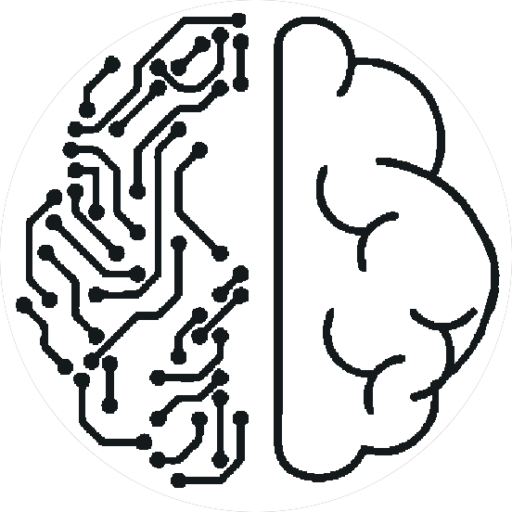Hi there!
Today, I thought we should start with some fundamental principles of Psych. Let’s dive into neurotransmitters. Think of neurotransmitters as the brain’s way of sending text messages between nerve cells. These chemical messengers zip from one neuron to another across the synaptic clefts. Depending on the message, they can either amp up or dial down the activity in receiving neurons, affecting everything from how you feel to how you think and act.
Let’s break down some of the major players:
Glutamate: This is the brain’s main “let’s do this” molecule, keeping neurons fired up and ready for action. It’s crucial for things like learning new info and storing memories. Glutamate works through receptors like NMDA, AMPA, and kainate, which help with the heavy lifting of brain signaling.
GABA (Gamma-Aminobutyric Acid): On the flip side, GABA is all about keeping things chill. It’s the brain’s top “calm down” messenger, helping to manage everything from muscle tone to stress levels. GABA operates through GABA-A and GABA-B receptors, making sure the brain doesn’t get too overexcited.
Dopamine: This guy is the “feel good” neurotransmitter, involved in our brain’s reward system. It plays a key role in how we experience pleasure, motivation, and even movement. Dysfunction in dopamine signaling can be linked to serious conditions like schizophrenia, ADHD, and addiction.
Serotonin: Often dubbed the “happy chemical,” serotonin has a big say in your mood, appetite, and sleep cycles. It also helps regulate some cognitive functions like memory and learning. Low levels? They’re often associated with depression, anxiety, and OCD.
Norepinephrine (Noradrenaline): This neurotransmitter is all about alertness and reaction speeds. It kicks into gear when we’re stressed, helping to focus attention and respond to events around us. Imbalances here can contribute to disorders like depression, anxiety, and ADHD.
Acetylcholine: Key for learning and memory, acetylcholine is also crucial for muscle movements and the autonomic nervous system, which controls things like heartbeat and digestion. Issues with acetylcholine function can lead to Alzheimer’s disease and other memory-related conditions.
Balancing these neurotransmitters is key to keeping our brains running smoothly. When things go awry, it can lead to a whole host of mental and neurological conditions. Luckily, we have medications and treatments that can help manage these by targeting specific neurotransmitters and receptors, helping to restore the balance and improve symptoms.
It’s truly amazing how these microscopic messengers can have such a massive impact on our daily lives, right?
TLDR version
• Glutamate: Main excitatory neurotransmitter, essential for learning and memory, operates through NMDA, AMPA, and kainate receptors.
• GABA (Gamma-Aminobutyric Acid): Primary inhibitory neurotransmitter, regulates muscle tone and stress levels, functions through GABA-A and GABA-B receptors.
• Dopamine: “Feel good” neurotransmitter involved in pleasure, motivation, and movement; linked to schizophrenia, ADHD, and addiction.
• Serotonin: Influences mood, appetite, and sleep, also regulates memory and learning; low levels associated with depression, anxiety, and OCD.
• Norepinephrine (Noradrenaline): Boosts alertness and reaction speed, activated under stress; imbalances can affect mood and focus, linked to depression, anxiety, and ADHD.
• Acetylcholine: Important for learning, memory, and muscle movements, involved in the autonomic nervous system; dysfunction can lead to Alzheimer’s disease and memory issues.
If anyone has any questions… ask me in my facebook page… PA Pathway to Psych
